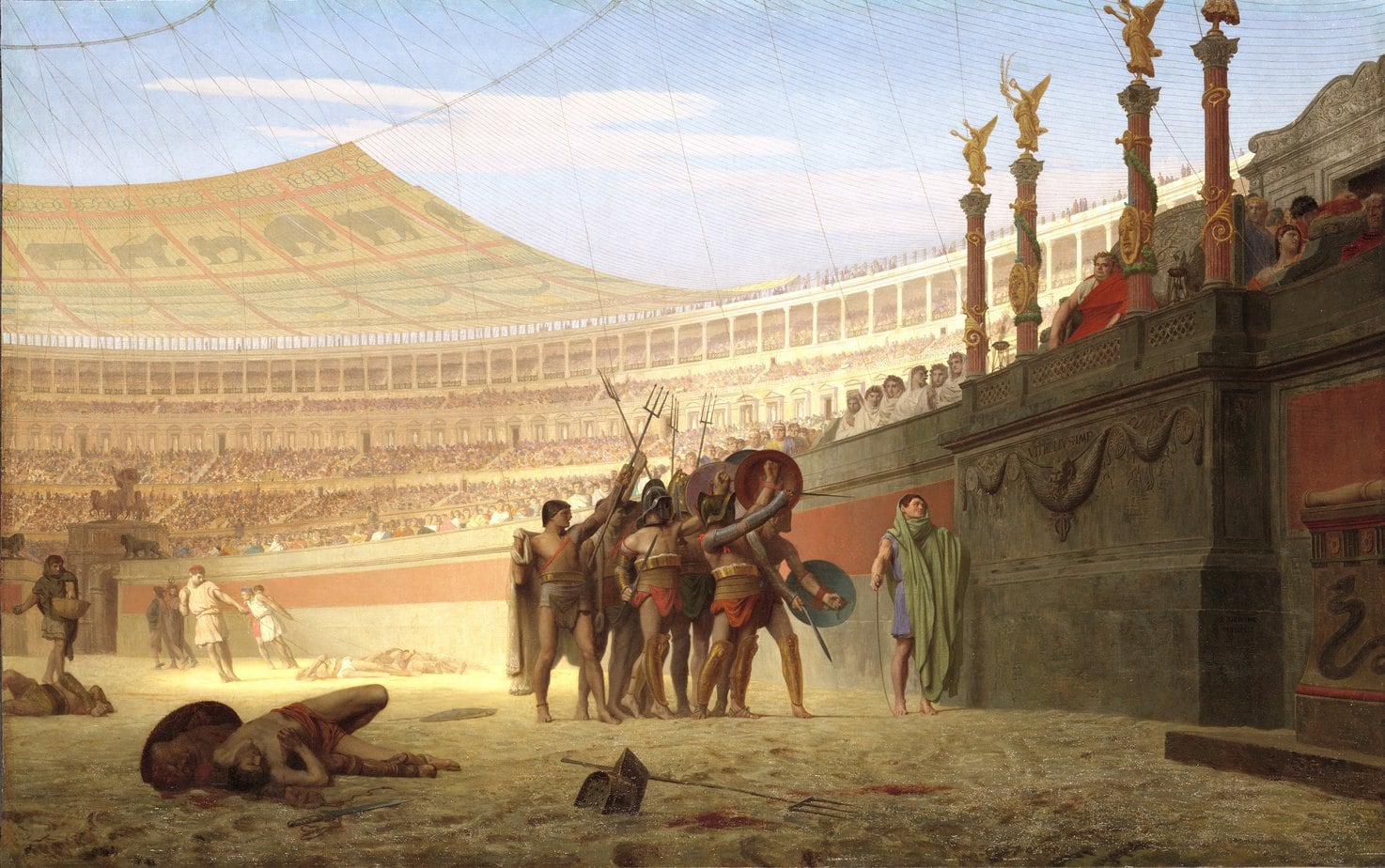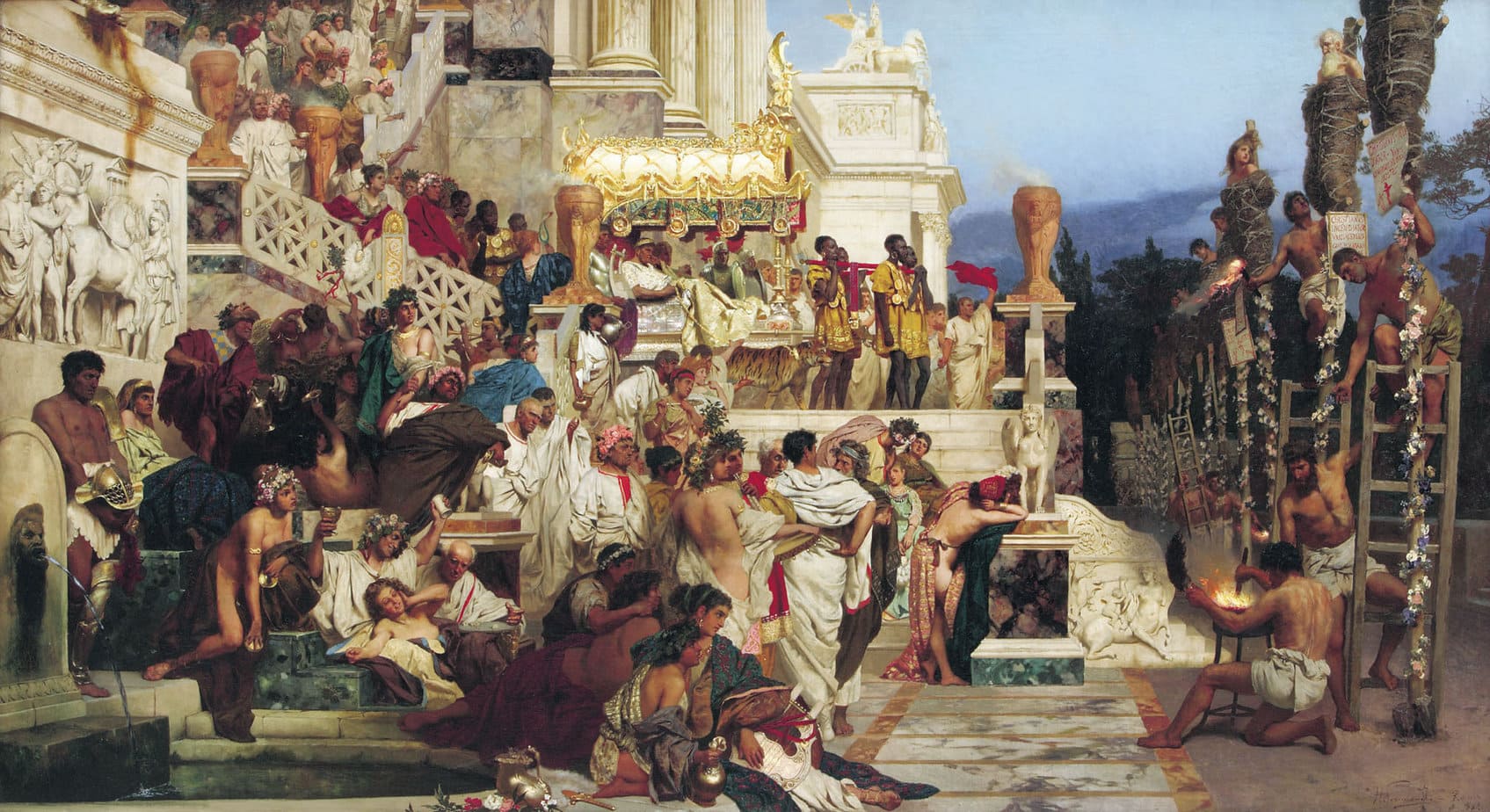The ancient world was quite different than how many of us believe it to have been. The ancients grew up in radically different environments, so their outlook often radically differed from ours. For example, ancient Romans saw it as perfectly normal entertainment to spend a day watching people and animals get slaughtered. They also frowned upon excessive grief displays. So they hired people to cry and wail for them at funerals. Below are twenty five things about those and other fascinating ancient world facts.

ADVERTISEMENT - CONTINUE READING BELOW
Ancient Roman Humor Could be Pretty Mean
The ancients were not merely technologically deprived versions of us. They were not just like you, sans smartphone and electricity. They were born and raised in a different world, with different mental and moral landscapes. Their basic assumptions about life – and right and wrong – could be extremely different from our moral compasses today. Only when we factor that in, can we grasp how otherwise normal people spent entire days in places like Rome’s Colosseum to watch other humans meet their end in a variety of gruesome ways. And they deemed it great entertainment. Before it ceased operations as a gladiatorial arena and public execution site, it is estimated that up to a million people lost their lives in the Colosseum, aside from the millions of animals slaughtered for the crowd’s pleasure. Ancient Romans thought massive scale snuff was awesome.

ADVERTISEMENT - CONTINUE READING BELOW
Their sense of humor was also on the cruel end of things. For example, when Rome burned in Nero’s reign, many Christians celebrated – apparently, they thought it was a sign of the anticipated end of days and Jesus’ return. Understandably, other Romans were appalled at such giddiness amidst widespread misery. They suspected that the Christians had started the fire or at least spread it, and demanded that they be punished. So Nero rounded up Christians, and arranged a spectacle to make an example of them. The highlight – literally – was when he had some of them covered in pitch, and set on fire so they became human torches. Roman spectators thought that was an apt and funny punishment, especially fit for arsonists who had torched Rome, and now became torches themselves.

